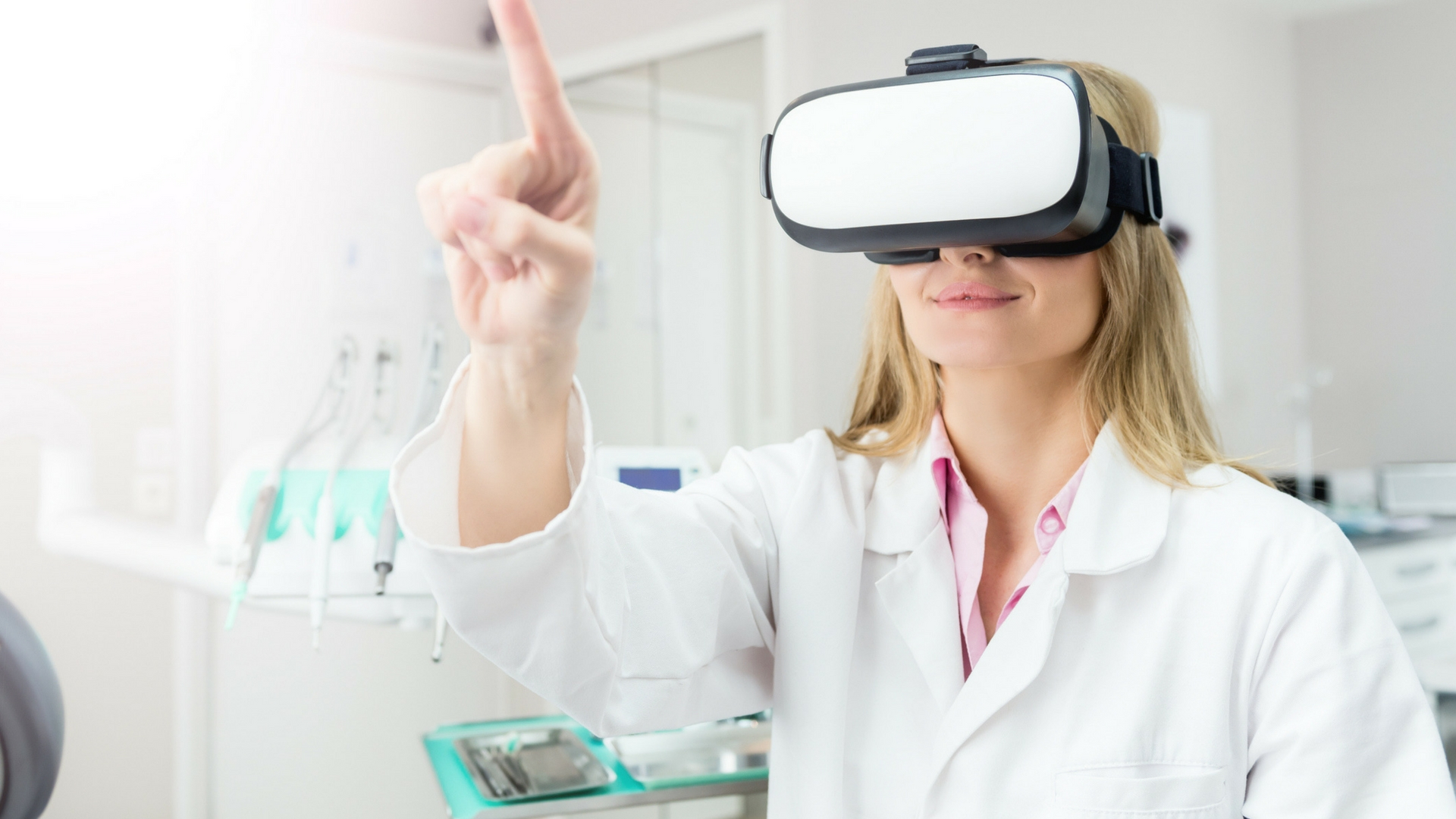Virtual Reality Dental Training: How Next-Gen Simulators Are Creating Better Clinicians

VR-haptic systems now train 89% of U.S. dental students, reducing procedural errors by 52% in first-year residents1017. The VOXEL-MAN simulator provides 12μm tactile resolution, allowing students to differentiate caries from sound dentin through force feedback17.
Platforms track 147 metrics per simulation, from bur angulation to pulp exposure risk. Machine learning algorithms generate personalized improvement plans, accelerating skill acquisition by 2.3x versus traditional phantom heads10.
.png)
Artificial Intelligence is revolutionizing dental practices from clinical diagnostics to administrative tasks. Advanced AI tools can now instantly analyze radiographs, assess caries risks, and draft precise treatment plans, significantly enhancing clinical accuracy and efficiency. However, the transformation doesn't stop at diagnostics—solutions like Denny extend AI's impact directly to the front desk, automating real-time scheduling, instant insurance verification, and proactive patient follow-ups. By integrating AI across clinical and administrative operations, dental offices can achieve a seamless, productive, and profitable workflow, ensuring better patient outcomes and heightened practice success.

.png)
Every missed call is a missed production opportunity, yet most “solutions” force dental teams to choose between burned-out staff, message-taking operators, or patients stuck in voicemail limbo. The right dental answering service should do more than politely say, “We’ll call you back”—it should verify insurance, slot the patient directly into your schedule, and keep the phones covered 24/7 without adding payroll headaches. That’s why forward-thinking practices are turning to Denny, an AI-powered virtual team member that answers every ring, books in real time across 400+ practice-management systems, and even handles post-call follow-ups through text, chat, and email. The result? Happier patients, fuller chairs, and a front office that can finally focus on in-office care instead of chasing voicemails.

.png)
Artificial Intelligence is rapidly transforming dentistry, becoming a critical tool to stay competitive. Practices leveraging AI technology are seeing significant benefits, from improved patient experiences to increased revenue. AI solutions are now handling omnichannel patient communications seamlessly integrated with practice management software, enabling practices to respond instantly to patient inquiries 24/7. Advanced AI diagnostic tools like Pearl and Overjet dramatically enhance clinical accuracy, while AI-driven marketing tools help attract and retain patients through personalized engagement. Additionally, AI streamlines administrative tasks, automates scheduling and billing, and provides powerful analytics for optimizing operational efficiency. Dental providers who adopt these AI technologies early will not only improve patient care but also secure a significant advantage over competitors still relying on traditional methods.
